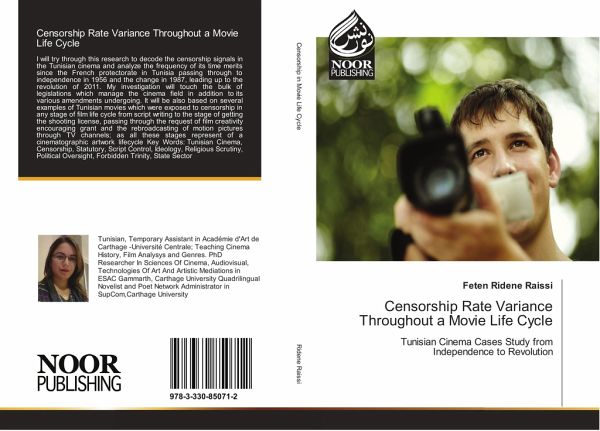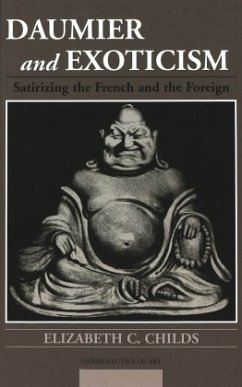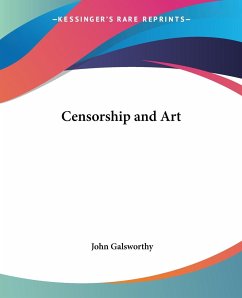
Censorship Rate Variance Throughout a Movie Life Cycle
Tunisian Cinema Cases Study from Independence to Revolution
Versandkostenfrei!
Versandfertig in 6-10 Tagen
43,99 €
inkl. MwSt.

PAYBACK Punkte
22 °P sammeln!
I will try through this research to decode the censorship signals in the Tunisian cinema and analyze the frequency of its time merits since the French protectorate in Tunisia passing through to independence in 1956 and the change in 1987, leading up to the revolution of 2011. My investigation will touch the bulk of legislations which manage the cinema field in addition to its various amendments undergoing. It will be also based on several examples of Tunisian movies which were exposed to censorship in any stage of film life cycle from script writing to the stage of getting the shooting license...
I will try through this research to decode the censorship signals in the Tunisian cinema and analyze the frequency of its time merits since the French protectorate in Tunisia passing through to independence in 1956 and the change in 1987, leading up to the revolution of 2011. My investigation will touch the bulk of legislations which manage the cinema field in addition to its various amendments undergoing. It will be also based on several examples of Tunisian movies which were exposed to censorship in any stage of film life cycle from script writing to the stage of getting the shooting license, passing through the request of film creativity encouraging grant and the rebroadcasting of motion pictures through TV channels; as all these stages represent of a cinematographic artwork lifecycle Key Words: Tunisian Cinema, Censorship, Statutory, Script Control, Ideology, Religious Scrutiny, Political Oversight, Forbidden Trinity, State Sector












